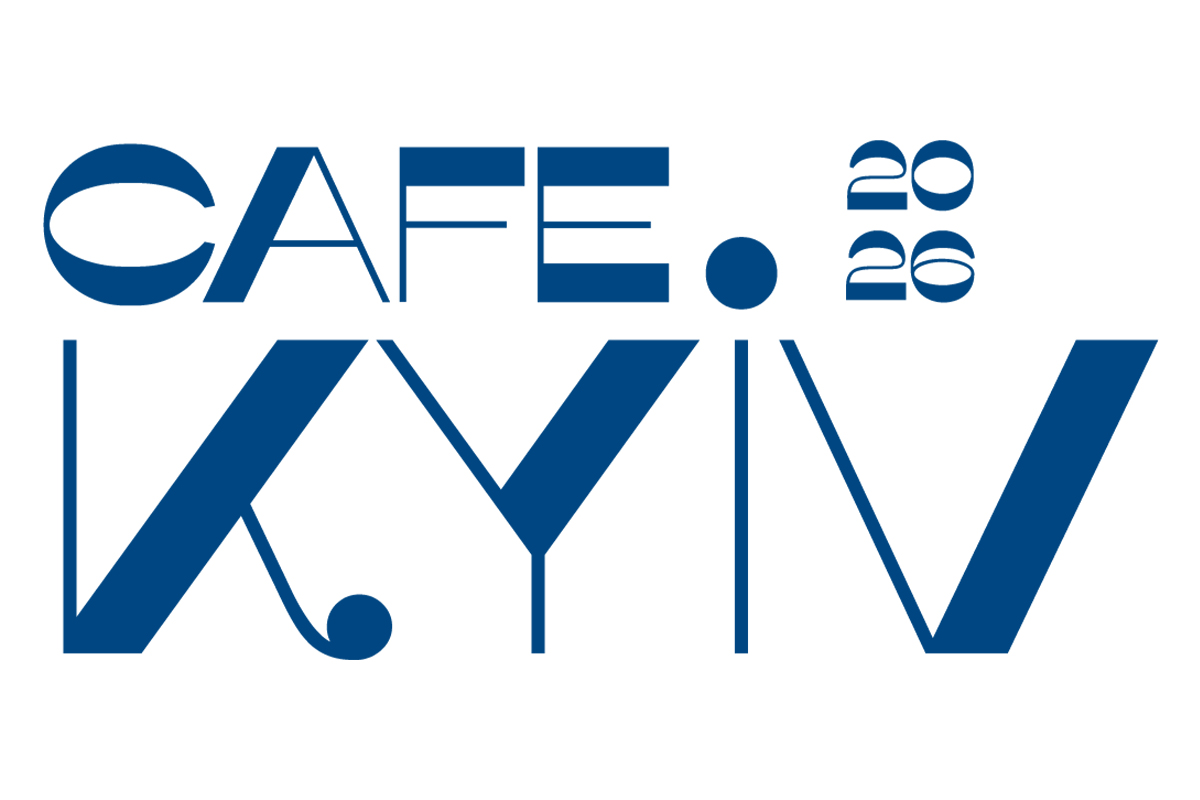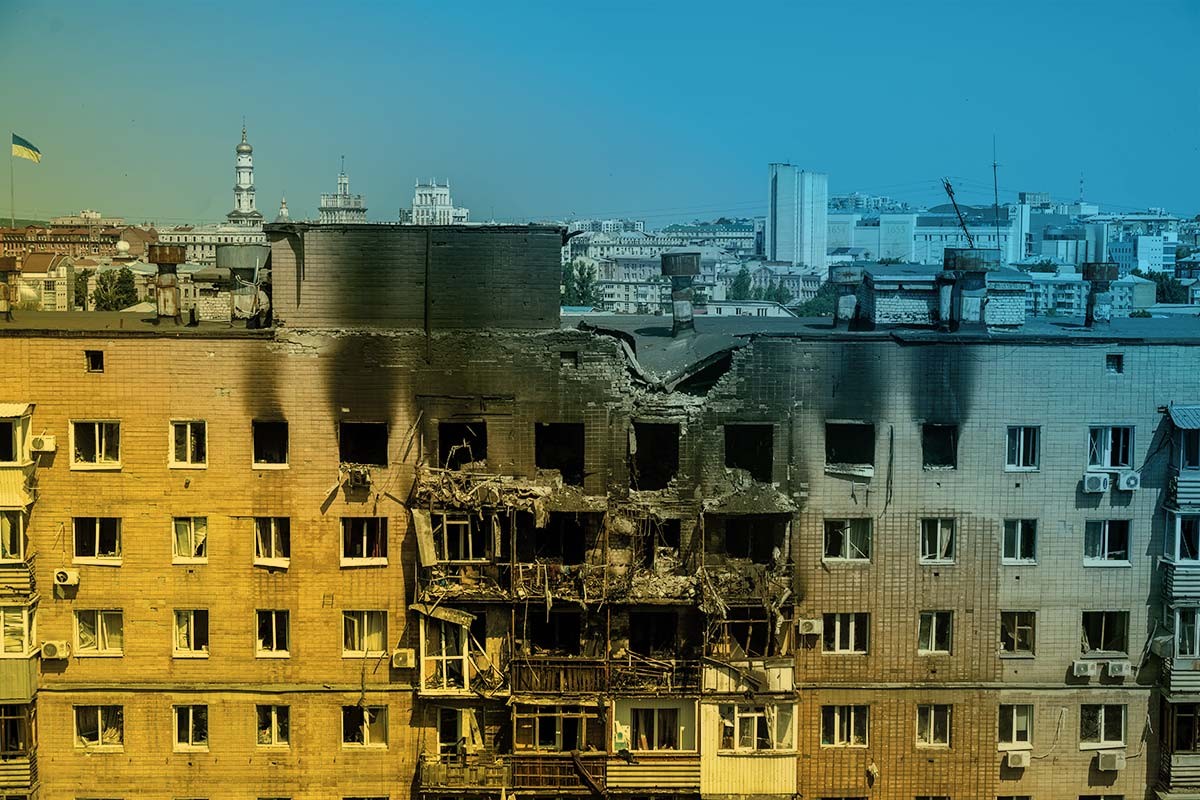“Getting Clear About Russia Is the Key for a Realistic Russia Policy”

The Center for Liberal Modernity’s Expert Network Russia kicked off last week with a one-day meeting in Vilnius. In his opening remarks, Ralf Fücks reminded everyone why we need to Rethink Russia.
Dear Mrs Andrikiené, dear Zygmantas, Ladies & Gentlemen, dear friends,
Good morning and welcome to all who are joining us today in Vilnius — and also to those who follow our meeting online. We are very happy to meet so many good friends and partners — and also some new participants who are very welcome.
This meeting is a continuation of the conferences we have organized in Berlin in recent years under the title “Russia and the West” — among many other events, seminars and online discussions dealing with domestic developments as well as Western policy towards Russia.
At the same time, this gathering is a premiere: it is the start of a new project, expanding and deepening our international network of experts on Russia. In the future, we want to meet at least twice a year for a working conference, accompanied by ad-hoc meetings on current events. We want to provide a platform for a continuous exchange of knowledge from different perspectives and we invite all of you to actively take part in this project.
In this way, we want to deepen the European and transatlantic discourse on Russia and contribute to the overdue reorientation of the West’s Russia policy. This should not remain a purely academic exercise: Our aim is to combine sound analysis with political recommendations for action addressed to our governments and parliaments.
At the same time, interventions in the public debate should also emerge from this circle, be it in the form of articles or joint statements.
I guess that each of us feels that Russia’s renewed attack on Ukraine marks a historic turning point. This war already has profound implications for international relations far beyond Europe.
At stake is not only the future of Ukraine, but the future of the international order: does international law still apply? We just held an international conference in Berlin which specifically addressed the question to which extent Russian warfare meets key criteria of the United Nations Genocide Convention — and there is little doubt that it does.
At the same time, Ukraine is a litmus test if democracies successfully can defend themselves against the challenge by authoritarian powers. The outcome will determine if the EU and NATO emerge stronger from this war or if they will plunge into a deep crisis.
Everything depends on whether the West summons the determination to support Ukraine on such a massive scale that it can successfully defend its territorial integrity and political sovereignty. This effort has to include the constant supply of modern weapons of all kinds as well as financial assistance and emergency aid to keep the Ukrainian energy system and public services running in spite of the large-scale Russian air strikes.
This war is also key to Russia’s future development. Only a military defeat in Ukraine can open the way for a painful farewell to the demons of Russian imperialism, Great Russia fantasies and unrestricted violence.
Even those who had no illusions about the character of the Russian regime must rethink their image of Russia in view of the widespread support (or at least the indifference) towards this brutal war in the Russian society. This will also be a topic of our conference. Getting clear about Russia is the key for a realistic Russia policy.
Before we enter into our first round of discussions, I would like to express my sincere thanks to all those who have made this meeting possible, especially to:
- The Lithuanian Parliament for its hospitality and political support, namely our friend Zygimantas Pavilionis and his staff (thank you for constantly pushing us to come to Vilnius)
- The Open Society Foundations and the German Foreign Office for supporting this project;
- Last but not least to our Russia Team, who prepared this conference, for their great job!
I wish us all a productive conference with new insights and look forward to further cooperation.
Thank you very much!
![]()
Did you like thike this article? If yes, you can support the independent editorial work and journalism of LibMod via a simple donation tool.
Donate via PayPal
![]()
We are recognized as a non-profit organization, accordingly donations are tax deductible. For a donation receipt (necessary for an amount over 200 EUR), please send your address data to finanzen@libmod.de
Related topics
Newsletter bestellen
Stay tuned with our regular newsletter about all our relevant subjects.





